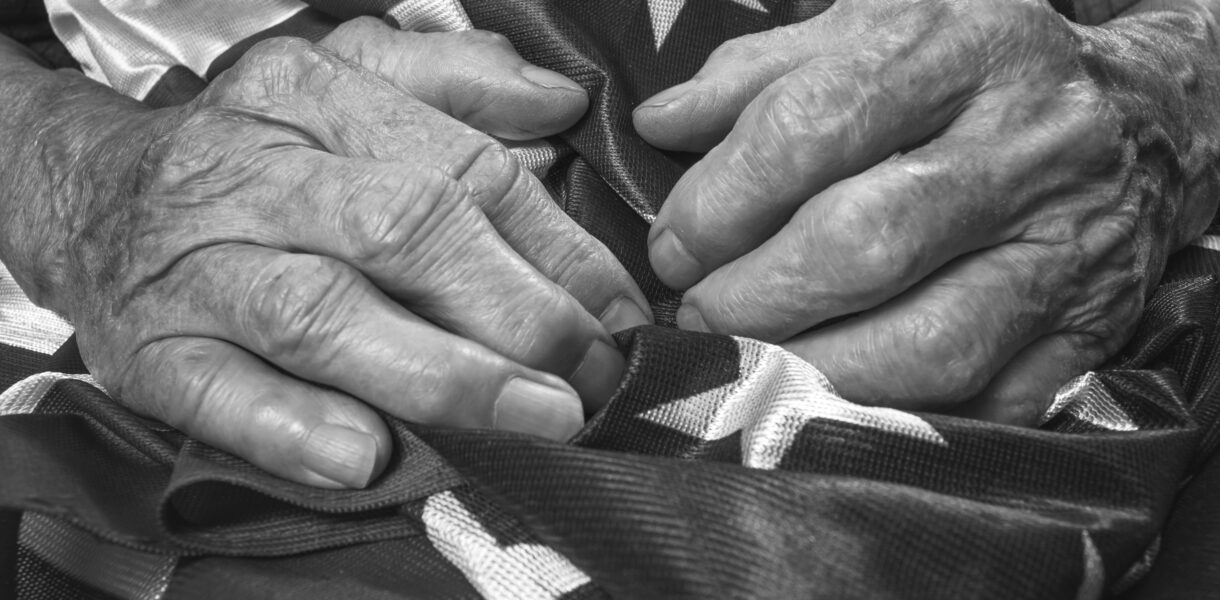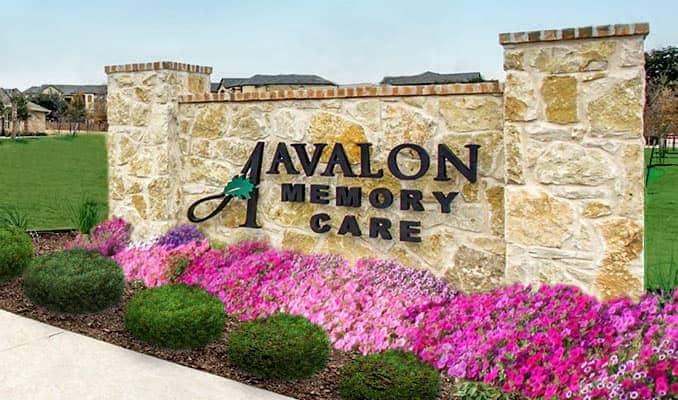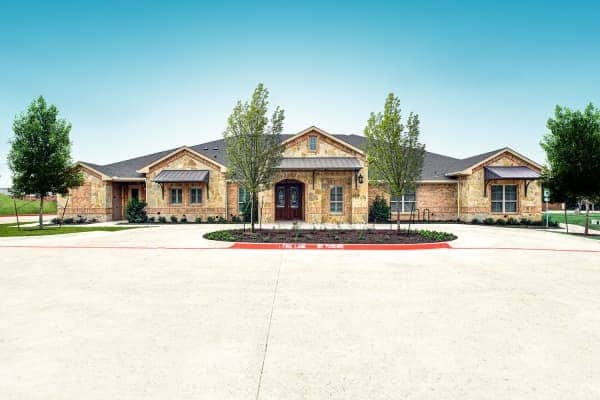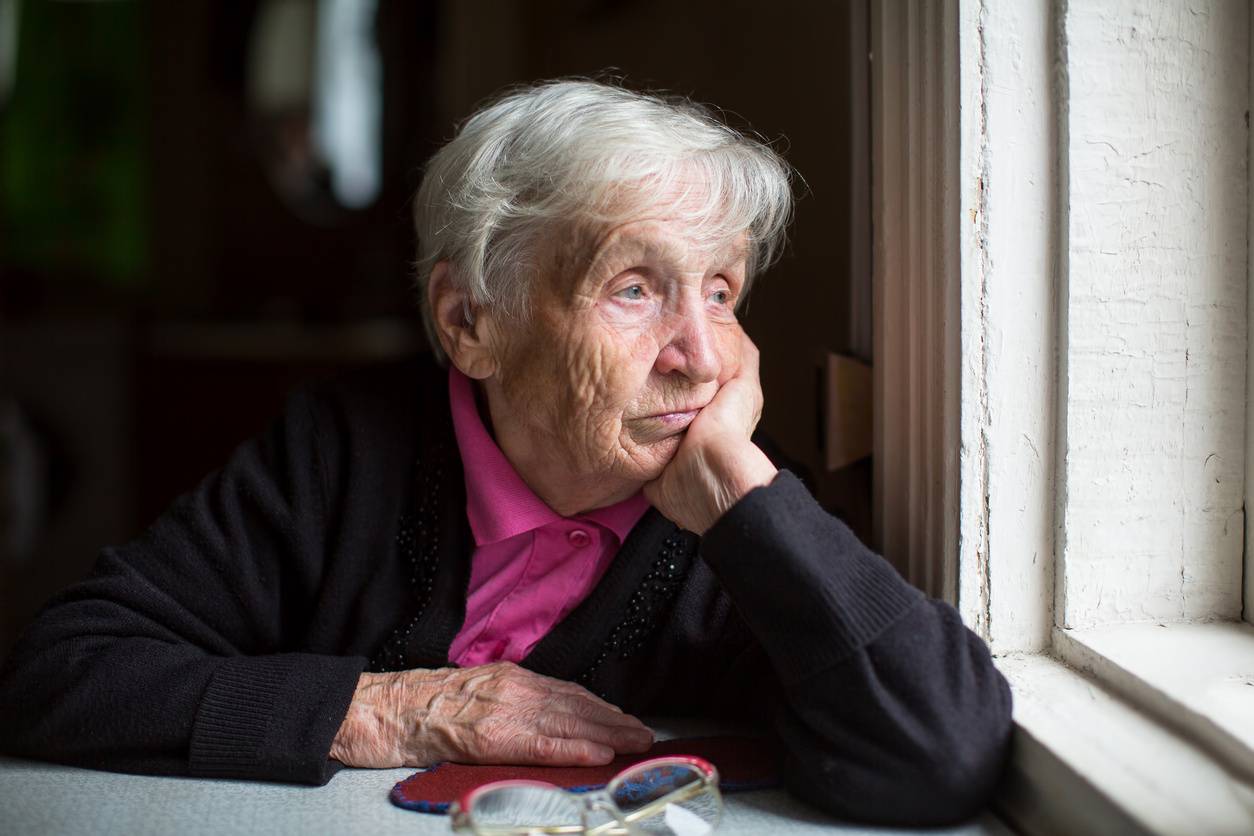
Serving Those Who Have Served: Breaking Down the Veterans Aid & Attendance Benefit
If you or a loved one are a veteran in their senior years, you may be feeling overwhelmed at the cost of care as well as navigating your benefits. You may already be drawing a pension, but it’s more than likely that the money you’re receiving isn’t enough to pay for long-term care like assisted living or memory care.
The Veterans Aid and Attendance benefit is a pension that can help veterans on a limited income offset the costs of home health care, adult day care or assisted living or memory care communities. Approximately 25 percent of seniors today are eligible for this specific benefit, but only a small percentage of people are using it.
As with many government-related benefits, there can be a lot of confusion and misconceptions surrounding it. We’ve broken down some of the most frequently asked questions (and answers) to help clarify and bring understanding to this helpful benefit.
What Is the Aid & Attendance Benefit?
The Aid & Attendance benefit, also known as “VA assisted living benefit,” “improved pension” or “veterans elder care benefits,” is a monetary benefit available to eligible veterans and surviving spouses. It can be used to pay for home health care assistance, the cost of living in an assisted living community or other services that the individual needs for their everyday functioning.
Who qualifies for the Aid & Attendance Benefit?
In order to qualify for the Aid & Attendance benefit, seniors must meet two requirements: a military-related requirement and a health-related requirement.
First, the individual must be a veteran or the surviving spouse of a deceased eligible veteran. The person or their spouse must have served on active duty for at least 90 days, and at least one of those days must have been during a wartime period. It is not essential that the individual served in combat – he or she just had to have been in the service and received an honorable discharge. Wartime periods are currently defined as follows:
- Mexican Border Period (May 9, 1916 – April 5, 1917)
- World War I (April 6, 1917 – November 11, 1918)
- World War II (December 7, 1941 – December 31, 1946)
- Korean conflict (June 27, 1950 – January 31, 1955)
- Vietnam era (February 28, 1961 – May 7, 1975 for those who served in the Republic of Vietnam during that period; otherwise August 5, 1964 – May 7, 1975)
- Gulf War (August 2, 1990 – through a future date to be set by law or Presidential Proclamation)
Second, the individual must receive an official medical rating of “aid and attendance.” A medical professional must make an official diagnosis that the veteran or spouse requires regular assistance in order to live safely. In order to obtain this rating, the individual must:
- Need help from another person to take care of tasks of daily life like dressing, mobility, toileting or bathing; or
- Be bedridden due to a disability; or
- Reside in a nursing facility due to a mental or physical incapacity; or
- Have visual acuity of 5/200 or less in both eyes; or concentric contraction of the visual field to 5 degrees or less.
If the individual requiring assistance is the spouse of a living veteran, he or she is also eligible for this benefit if they meet the above requirements.
How do I receive an official medical rating of “aid and attendance?”
The first step, is to visit your primary physician to discuss your needs and ask for a report that shows you or your loved one require long-term care in order to live safely. Your doctor will also need to fill out the Examination for Housebound Status or Permanent Need for Regular Aid and Attendance Form, or VA Form 21-2680.
The doctor’s report should include:
- Details as to why long-term aid and attendance is required, such as whether there is memory impairment, physical impairment, inability to perform the tasks of daily life and so on.
- Information on how well the individual manages currently, such as what he or she does during a typical day, whether he or she is housebound, how well he or she is able to get around and such.
- A Request for Nursing Home Information in Connection with Claim for Aid and Attendance (VA Form 21-0779) if the individual resides in a skilled nursing facility.
Do I have to meet a certain income level to qualify?
Yes, although this is not a simple “yes” or “no” question. The applicant must show that their household income and net worth are below a certain level in order to qualify for the Aid and Attendance benefit. That “level” is the pension amount for which the applicant is eligible.
Let’s say that a married veteran is applying for the benefit. He is eligible for $26,766 in pension for 2019. If the combined income of the veteran and his spouse adds up to $8,000, he is eligible to receive $17,766 per year in pension payments. However, applicants are able to deduct certain forms of income and expenses from their combined income.
Because there are so many variables used to determine the “level,” it can vary widely between individuals. The best course of action is to visit a specialist at your local VA benefits office to discuss your or your loved one’s options.
What is the maximum allowable payout for the Aid & Assistance benefit?
It’s possible that you our your loved one will only qualify for part of the maximum allowable payout. This can change year to year, however, because benefits are recalculated and adjusted for inflation each year. For 2019, the maximum allowable payout for Aid & Assistance recipients are:
- $1,209/month for surviving spouses of veterans
- $1,438/month for a veteran with an ailing spouse
- $1,881/month for veterans
- $2,230/month for a veteran and non-ailing spouse
- $2,984/month for two married veterans
Will Aid & Attendance replace my existing pension?
No. Aid and Attendance is a benefit above and beyond any monthly pension you or a loved one already receive. This includes Social Security and any military pensions. Veterans can also receive Aid and Attendance in conjunction with Veterans Directed Home and Community Based Services.
There are, however, certain eligibility conflicts that are important to know. If the surviving spouse of a veteran needs assistance and is already receiving Dependents Indemnity Compensation (DIC), he or she can qualify for approximately $326/month of additional assistance (but cannot claim both DIC and a death pension). Veterans can’t receive both Aid and Attendance and a VA Disability compensation, but can receive whichever one is the higher benefit. And It’s possible that the Aid and Attendance benefit may disqualify veterans from receiving Medicaid benefits from Medicaid.
How long does it take to get approved for Aid and Attendance?
It would be nice if you could get approved for Aid and Attendance as quickly as you can get a pre-approval on a mortgage. Instead, the process takes about 6 to 8 weeks, depending on the VA’s workload and the information you include in your file. However, benefits will be applied retroactively to your application date.
How difficult is it to qualify for the Aid and Attendance pension?
When people hear the words “government program,” it’s common to imagine lots of red tape and hard-to-pass requirements. Luckily, that’s not the case with this pension. Veterans who meet the requirements will find it fairly easy to qualify for this benefit.
How do I apply for Aid & Assistance?
First, visit your local VA Facility or connect with your state’s Pension Management Center (PMC) to learn more about the program and to file. Another great place to start is your primary physician. These places should have the information you need to get started on the application.
Where can I get more information about the Veteran’s Aid & Attendance benefit?
You can find more information at these sites:
- https://www.payingforseniorcare.com/longtermcare/resources/veterans_pension.html
- https://www.benefits.va.gov/pension/aid_attendance_housebound.asp
- https://www.patriotangels.com/va-aid-and-atendance/aid-and-attendance-pension-frequently-asked-questions/
You or your loved one have served our country well, and now it’s time for us to serve you. The Aid and Attendance benefit can be used for a variety of services, all of which can help you or your veteran receive the care they need.
If you have any further questions about how the VA Aid and Attendance benefit can be used, or any further information, contact Avalon Memory Care. We are proud and honored to serve veterans and families of veterans, and we have extensive experience in helping individuals just like you navigate the benefits they earned.
See More Articles
-
Visiting Your Aging Parent With Memory Loss at Avalon Memory Care
As a loving son or daughter, you naturally want the best of care for your senior parent. The compassionate assisted living caregivers at Avalon Memory Care want you to know that while your parent is living with us, he or she will receive nothing less than respectful, loving care within our comfortable, safe, and fully-staffed
-
Celebrating New Year’s Day in Memory Care
Families often find that celebrations with their loved ones in memory care are easier when they embrace new traditions. For instance, it may not be practical to expect your loved one to stay up until midnight on New Year’s Eve. Instead, consider throwing a New Year’s Day celebration, complete with a countdown to the first
-
Understanding Parkinson’s Disease and Dementia
Parkinson’s disease is an incurable neurological disorder, with progressively worsening complications. Perhaps the most well-known symptom of Parkinson’s is a hand tremor, but it can also cause speech changes, muscle rigidity, and impaired posture. Eventually, as the disease progresses, more than half of all individuals with Parkinson’s will require dementia care. This particular type of
Testimonials
Downloadable Resources
We Are Avalon
Discover the heart of our community; download ‘We Are Avalon’ to get to know our dedicated team and our commitment to providing a warm, family-like environment.
Transitional Care Guide
If you’re considering a transition, we’re here to help; download our Transitional Care Guide for compassionate guidance through each step of the process.
Schedule a Tour
Visit one of our 30+ campuses and experience our unique approach to memory care.












